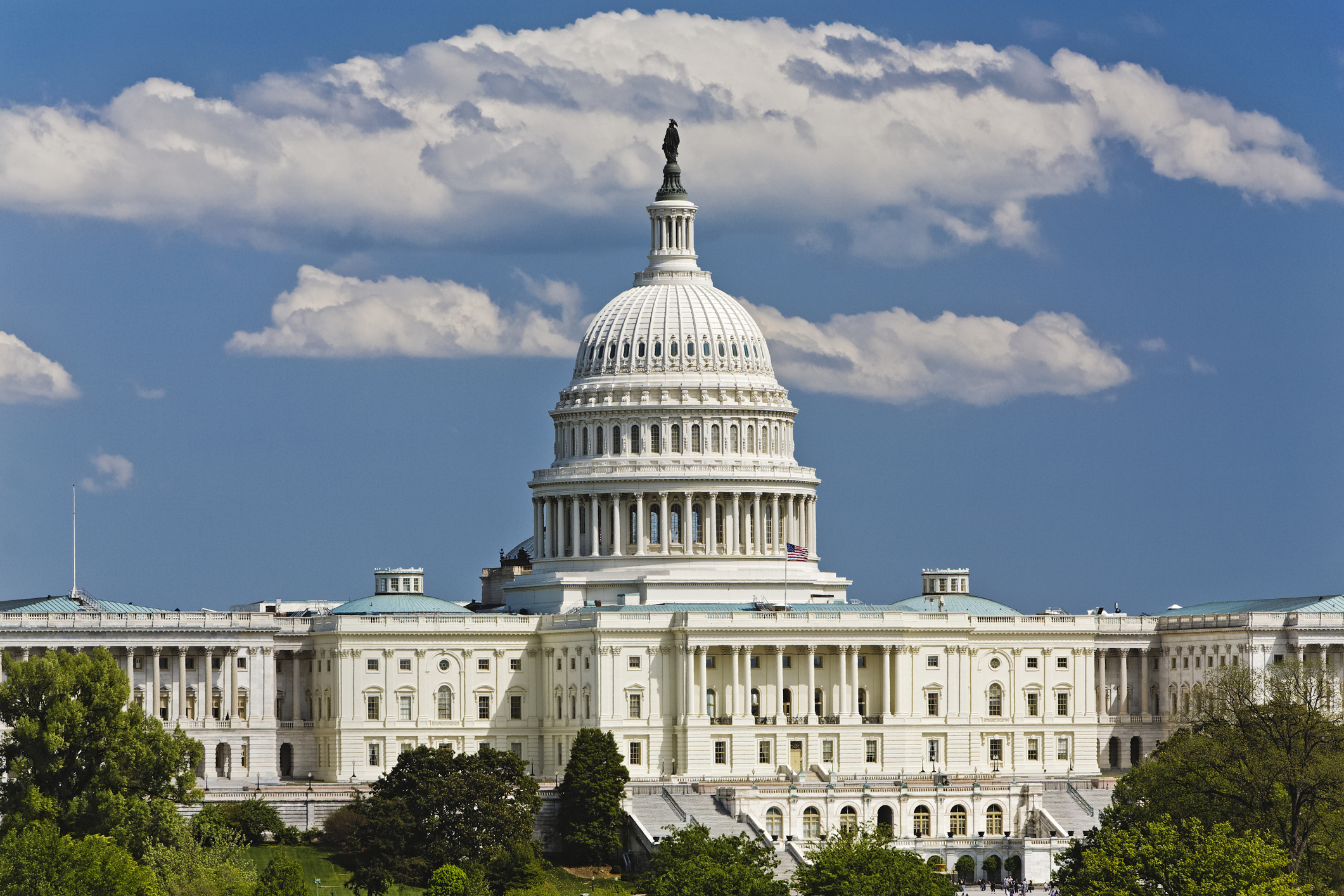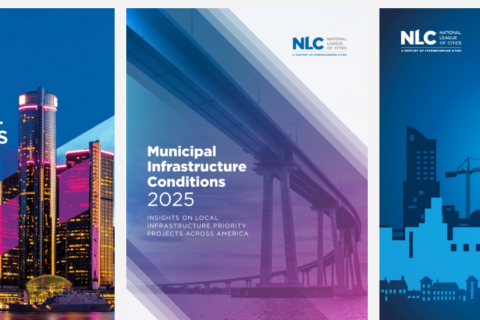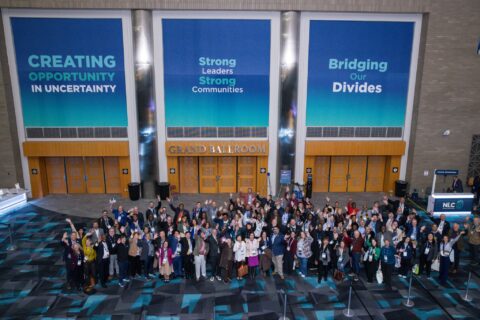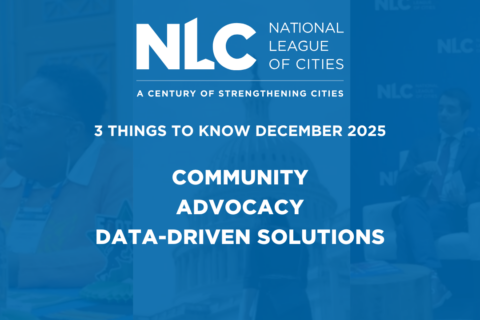Congress ended the immediate risk of another federal shutdown by approving a continuing resolution before the new federal fiscal year begins on October 1. The continuing resolution extends FY2024 funding for 12 additional weeks until December 20th.
Clarence Anthony, CEO and Executive Director of the National League of Cities stated, “The National League of Cities thanks both the Senate and House for passing the CR (Continuing Resolution) to avoid a federal government shutdown. This bipartisan measure ensures sustained funding for essential programs that support local governments and the communities they serve. NLC looks forward to ongoing collaboration with our federal partners as Congress works to secure a long-term solution to address the needs of cities, towns and villages throughout the nation.”
House and Senate leaders will use the time until December 20th to continue negotiations over federal spending levels for FY2025, much of which will hinge on the outcome of the Presidential election in November. Although House and Senate leaders were unified in their opposition to another federal government shutdown, significant differences between the parties, and between the House and Senate, over spending priorities have derailed consideration of the annual appropriations bills under regular order.
In the run-up to the new fiscal year, House Speaker Mike Johnson (R-LA) introduced a Continuing Resolution (CR) to extend the deadline and put off the possibility of another government shutdown by six months. The Speaker’s proposal, however, also included the SAVE Act, a Voter I.D. measure championed by many House Republicans that many Democrats object to as unwarranted. The proposal ultimately failed to garner sufficient support to pass
As the final act of Congress before the election, House and Senate came to agreement on a “Clean CR,” that garnered the support of many in both parties. The clean CR means no new policies and very little in the way of additional funding was added to the final bill. Individual Members of Congress are likely to continue advocating for specific funding increases for emergency needs ranging from hunger relief to disaster recovery when consideration of FY25 appropriations resumes after the election. NLC supported additional funding for disaster assistance and recovery programs at FEMA and the U.S. Department of Housing and Urban Development to help cities recover from current and future presidentially declared disasters. That funding was ultimately not included.
NLC’s overall FY25 funding priorities for cities and towns were delivered to Congress by letter earlier in the appropriations cycle. NLC also delivered a letter urging a bipartisan solution to prevent a government shutdown this week.
NLC has developed a robust set of resources for cities on the impact of federal shutdowns on cities and towns, and how to address them. A short-term government shutdown with a clear resolution may not significantly impact local government operations and services, but prolonged uncertainty and limited access to federal agencies often create compounding problems impacting local governments, small businesses and residents who rely on federal aid or other support.
Looking Back
NLC frequently publishes content to educate members about how potential government shutdowns may affect them. Compare and contrast updates from our last state of play.









